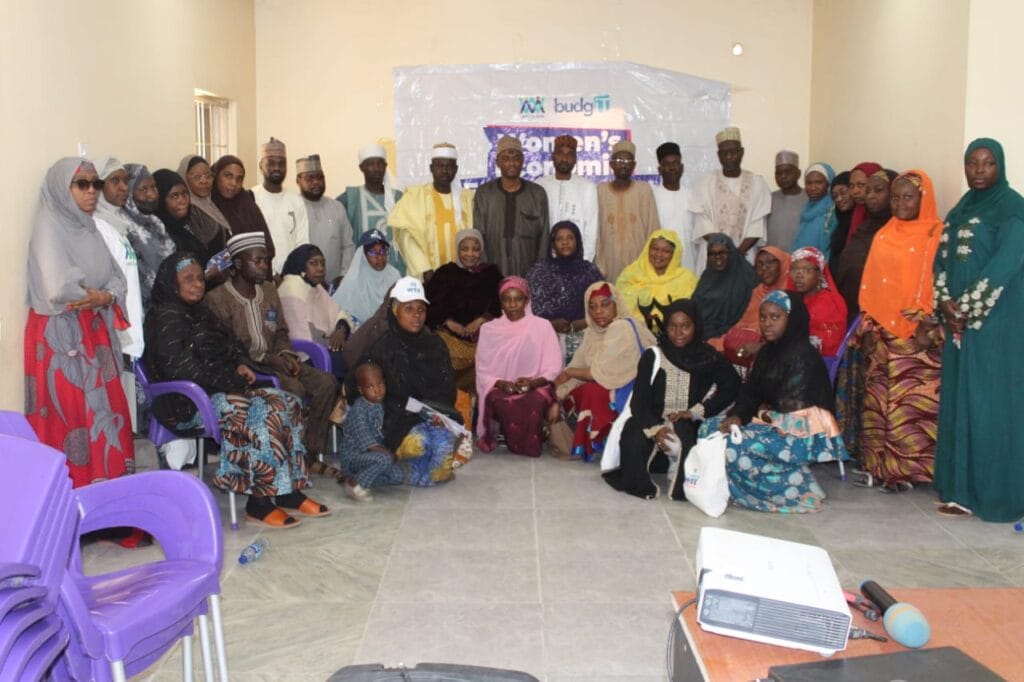The BudgIT Foundation, with support from the Gate Foundation, organized a one-day socialization event in Kano State to promote the National Women’s Economic Empowerment Policy and Action Plan (WEE).
The event, which brought together representatives from various organizations, aimed to raise awareness about the WEE policy and its objectives.
Kano State Partners with dRPC to Empower Women Economically
Maryam Garba Usman, the Kano state officer of the BudgIT Foundation, presented the policy and highlighted its key objectives, including reducing gender inequality in accessing economic opportunities and resources.
According to Usman, the WEE policy seeks to promote women’s economic empowerment through various sectors, including agriculture, entrepreneurship, traditional labor markets, education, and skills acquisition.
She emphasized the need to support women-owned businesses, engage in community programs, and advocate for change.
CITAD Launches Project to Empower Women in Digital Economy
Maryam noted that, despite women making up 49.3% of Nigeria’s population, they face significant economic barriers, such as poverty, land ownership, digital access, financial inclusion, education, corporate representation, and gender wage gap.
The state officer, hinted that, the WEE policy aims to address these challenges and promote women’s economic empowerment.
Participants at the event emphasized the need for inclusive policies that promote women’s economic empowerment and address the challenges faced by people with disabilities.
The Great Disparity: Unequal Treatment of Field Info Center Officers
Rabi Yusuf Gezawa from the Gender and Disability Inclusion Advocacy Center (GADIAC) called for policies that promote more inclusion of women and people with disabilities.
Malam Muhammadu, another participant, emphasized the need to domesticate the WEE policy to align with cultural and religious values.
He noted that sensitization and advocacy will play a vital role in bringing stakeholders together to achieve the desired objectives.
The event was attended by representatives from various organizations, including government ministries, civil society organizations (CSOs), community-based organizations (CBOs), traditional and religious leaders, and the media.





